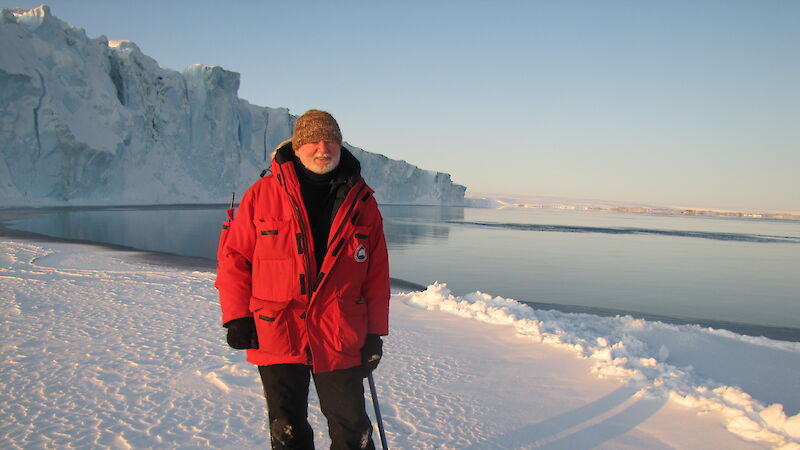The Minister for the Environment and Heritage, Senator Ian Campbell, today congratulated the expeditioners at Australia’s Davis station on its 50th anniversary.
Senator Campbell congratulated the past and present expeditioners who have contributed to the station and its pioneering work in advancing our scientific knowledge of this fragile area.
“Davis is now Australia’s busiest station in Antarctica and conducts groundbreaking work into the biology, geology and glaciology of the Lambert Glacier/Amery Ice Shelf region. It is also the home of the major atmospheric physics program using laser technology to investigate the Antarctic stratosphere,” Senator Campbell said.
“Expeditioners will mark today with a commemorative 50th anniversary group photo outside the original hut, similar to the photograph taken with the original group in 1954.
“Celebrations will include a telephone hook-up between Davis and the Antarctic Division’s first director, Dr Phillip Law, now aged 94 and living in Melbourne.
“In the spirit of international friendship in Antarctica, representatives from the nearby Russian station, Progress 2 and China’s Zhong Zhan — each around 120km from Davis — will be invited to share in the event.”
Dr Law and his 24 companions arrived at what was to become Davis station on 12 January 1957 aboard the ship, Kista Dan. Unloading of materials began immediately and building the hut got underway. The station was officially opened in a small ceremony the next day, January 13.
Davis station was named in honour John King Davis, a master of many historic Antarctic ships, including Douglas Mawson’s 1911–1914 Australasian Antarctic Expedition ship, Aurora.
Davis is the base for Australia’s two CASA support aircraft that ferry personnel and equipment to remote field and coastal locations and between our other stations, Casey and Mawson.
Senator Campbell said the beginning of the Australian Government Antarctic Service regular flights to begin later this year would create a permanent link between the two continents and herald an exciting new era in the Antarctic scientific research programme.
“From early days, Davis station has grown significantly to become a thriving hub of scientific research and exploration,” Senator Campbell said.

